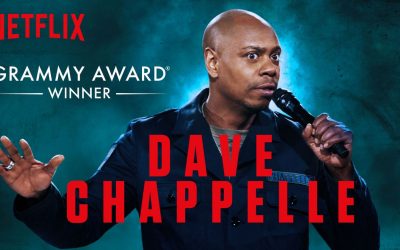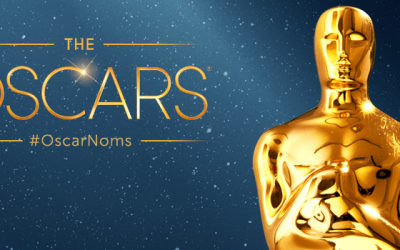With the same voice cast and writer and director, Brad Bird, as the 2004 original, this Pixar sequel, which is being released 14 years after its animated characters debuted, offers more of the same. By my estimate, and I enjoyed The Incredibles with qualifications, this one’s both more manic and more purposeful.
An introductory sequence with a villain called the Underminer gets the action going as the main superheroes engage in the strangely mid-20th century designed metropolis. Brad Bird and crew, chiefly aided by designer Ralph Eggleston and composer Michael Giacchino, re-establish that there’s a law against superheroes enforcing the law. The gist is that they’re too destructive and may pose a threat to the public. Certainly, there’s evidence of both in opening scenes.
 The plot this time is a campaign to undo an asinine law. The Incredibles 2 gets credit for this alone.
The plot this time is a campaign to undo an asinine law. The Incredibles 2 gets credit for this alone.
The bizarre prospect of a technologically advanced if aesthetically retro society in which super humans are prohibited by law from exercising their abilities sets the movie’s tone. This includes, among various other parts, a business proposition for the superheroes, Mr. and Mrs. Incredible, known by their real identities, Mr. and Mrs. Robert Parr (Craig T. Nelson and Holly Hunter) with their three kids, Violet, who struggles to date a boy she likes, Dashiell, who struggles with math, and Jack-Jack, a toddler who struggles with developing powers.
The essential pitch to these down and almost out superheroes (he’s superstrong and she’s elastic) is to trade a cushy lifestyle in exchange for incredible feats that win people over, enticing politicians to undo the law banning superheroes. It’s an interesting premise that keeps the audience looking for a twist. When a twist comes, as I knew it would (and you, too, will probably see it coming), it further animates the action, which is pretty much always in progress.
What happens after that is best left unexamined, here and probably after the movie, a B-movie like the first one and at best disposable entertainment. The sequel, like the original, is refreshingly absent stupid pop-cult references. The only real-world plug is an utterly organic nod to the American TV cartoon Jonny Quest.
Instead, The Incredibles 2 features clever points about nihilism. A villain known as the Screenslaver jabs at today’s mass mindlessness, inducing more mindlessness to make the point with the line that most people don’t know how to “break a sweat and participate in life”.
Don’t mistake this film for intelligent satire, however, as the mania grates on the nerves and strains the eyes and brain amid its sensory assault of visually arresting trains, boats and planes and, of course, cars. There’s a dig at feminism and its dogma that sisterhood is omnipotent if you think about it. There’s an anti-twist when, shockingly, a businessman doesn’t become a villain.
Designer Edna Mode (voiced by writer-director Brad Bird) appears in what amounts to an extended cameo as a cartoonish version of how a libertarian might depict Ayn Rand in caricature. Mode’s a wealthy, childless, pageboy hairstyled individualist who’s thrilled at the sight of any display of ability. It’s telling about this movie series that this minor character tends to garner more enthusiasm than its leading characters.
Yet the most impacting subplot involves the central role reversal. Mother strikes out to win the bread, for a change, while Father has a parenting meltdown that yields a lesson or two. None of it feels manipulative. With other side characters returning and a pair of siblings voiced by Bob Odenkirk and Catherine Keener among others, The Incredibles 2 satisfies as a family-oriented action matinee.



